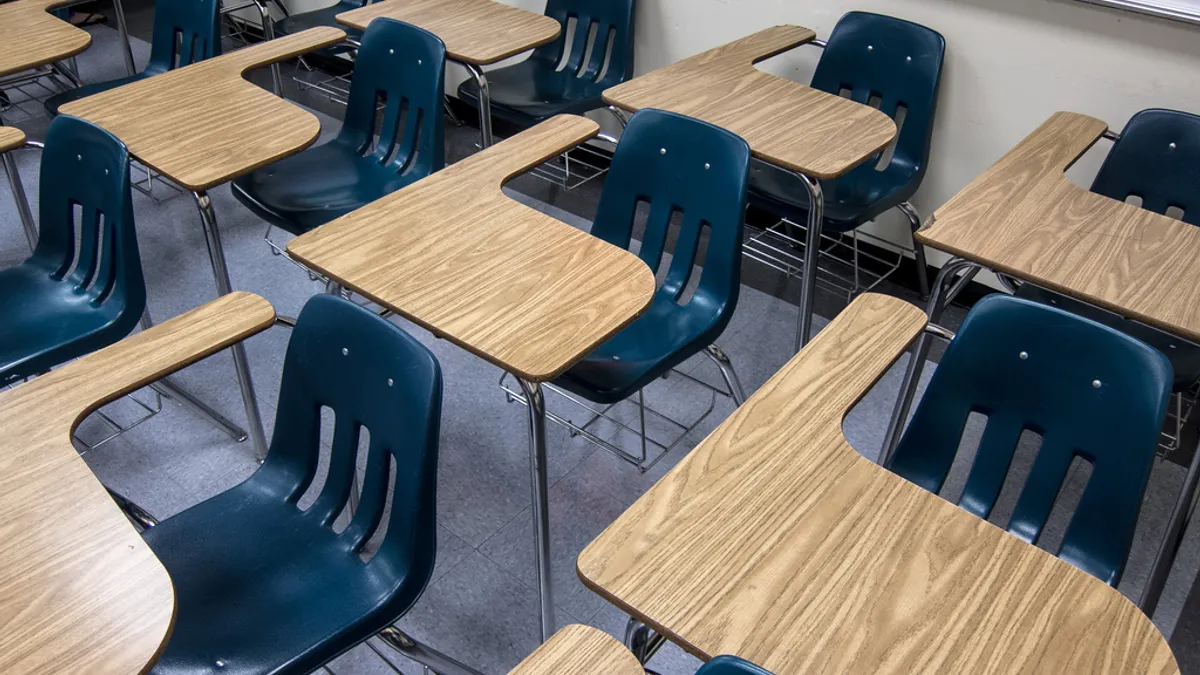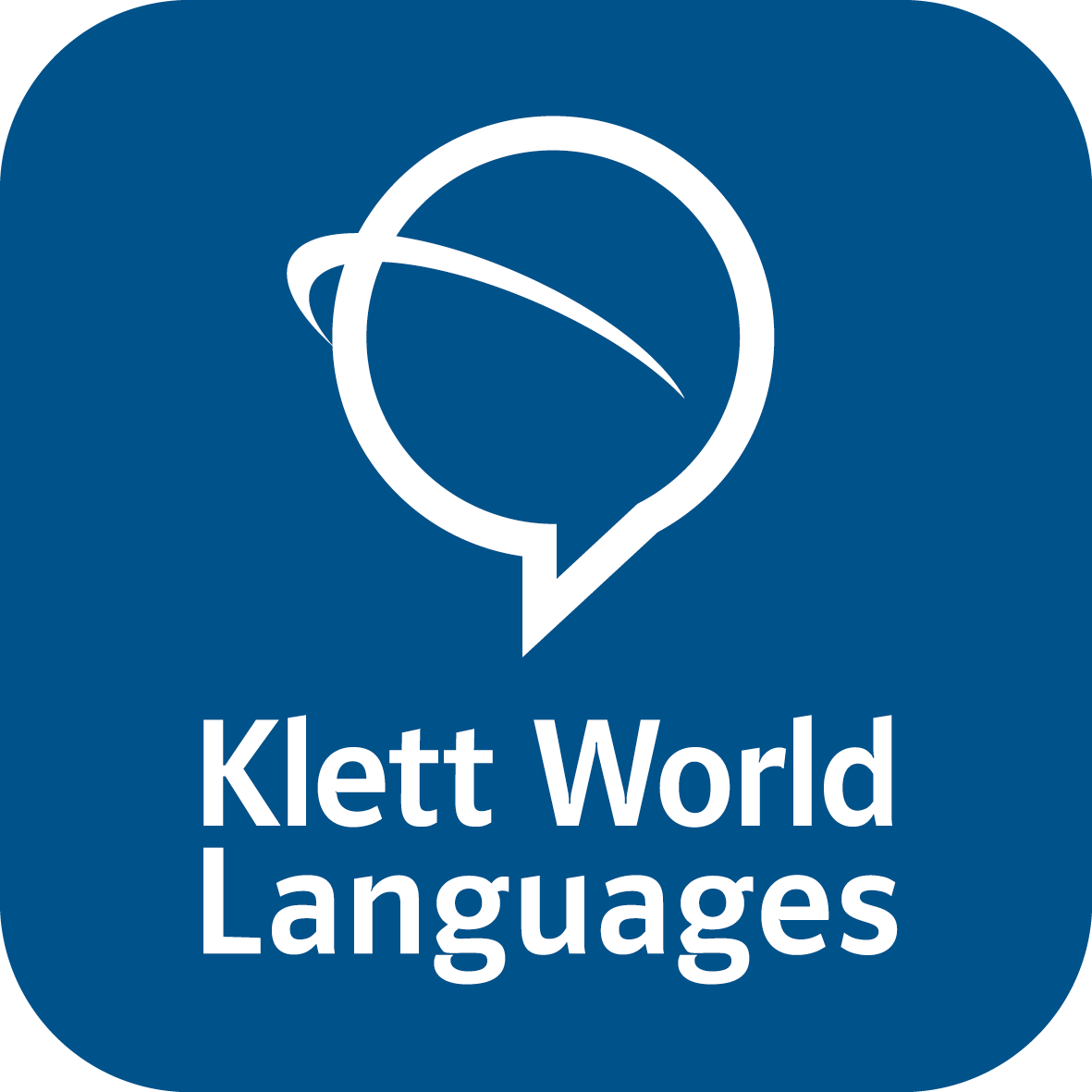Dive Brief:
- Memorial Elementary School in New Hampshire's Sanborn Regional School District is among the latest to gain increased autonomy for administrators and teachers to experiment with innovation under the state's long-running shift to competency-based education.
- EdSurge reports that the past few years have seen the transition shift from high schools to all of K-12, though the rate at which they do so varies since the New Hampshire Department of Education allows freedom around how changes are rolled out.
- In its transition, the Sanborn district has abandoned letter-based grades in favor of rubrics based on the NHDOE's "Work-Study Practices," which focus on developing positive work ethic behaviors, and teachers at Memorial Elementary have piloted an exam built around the CARES (Cooperation, Assertion, Responsibility, Empathy and Self-Regulation) skills measured while also finding ways to incorporate them into instruction.
Dive Insight:
Educators are constantly pushed to experiment and innovate in the classroom, but such efforts can be deterred by accountability requirements from state and federal governments — especially when their jobs are on the line due to measures like evaluations based on standardized exam results. With its 20-year push toward competency-based education, New Hampshire has, however, created an environment where educators have freedom to rethink approaches with much of that fear removed.
The state's approach has also served in many cases to avoid top-down decision-making in its CBE shift. As noted during a recent panel at the SXSWedu conference in Austin, teachers are perhaps K-12's greatest untapped innovation engines. Given more input and agency, passionate educators can foster excitement among their pupils by virtue of the enthusiasm they themselves feel about what they're doing. At the very least, administrators can recognize and champion the benefits of giving teachers a seat at the table, and also work to provide more relevant, personalized professional learning opportunities.













